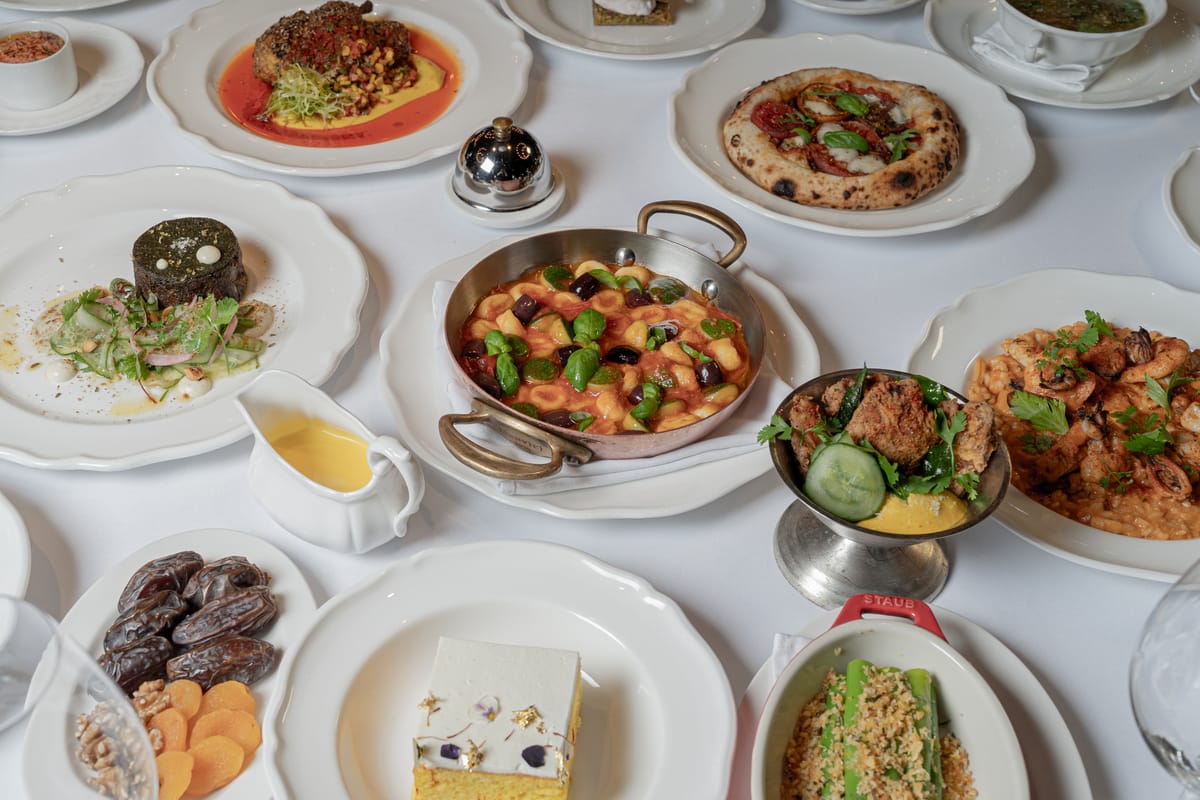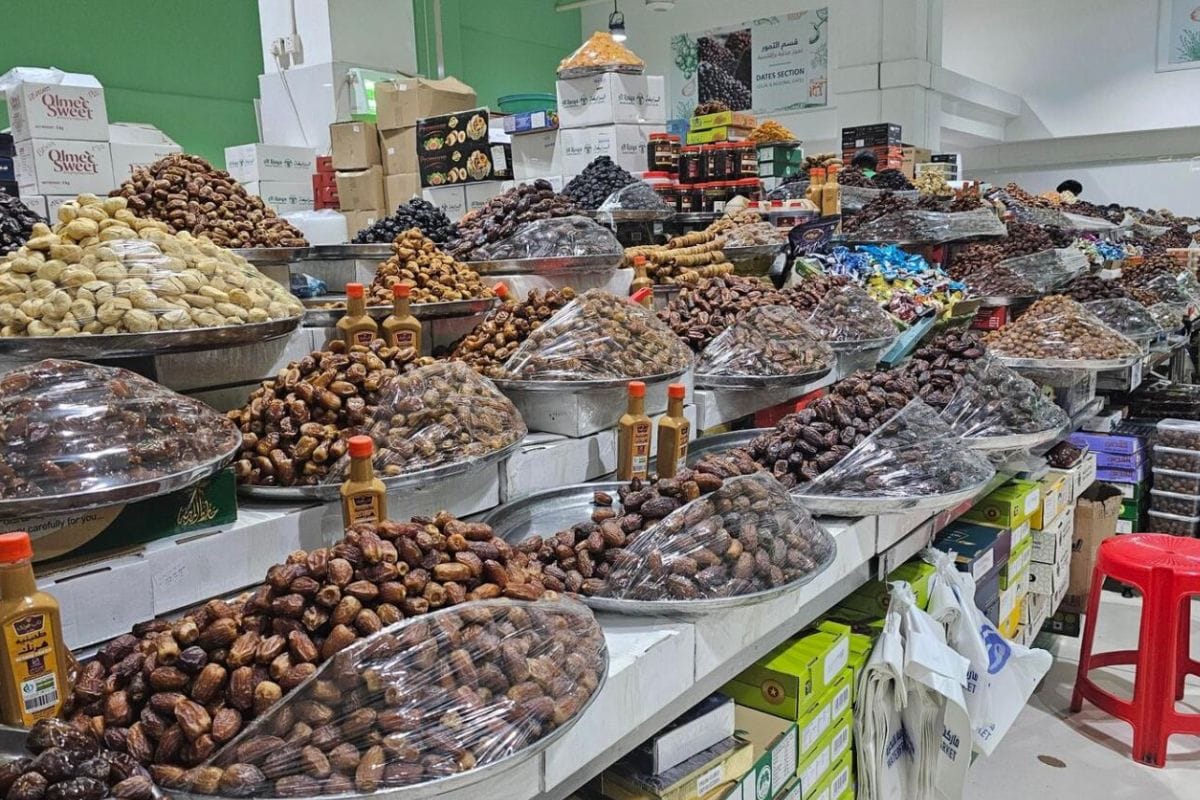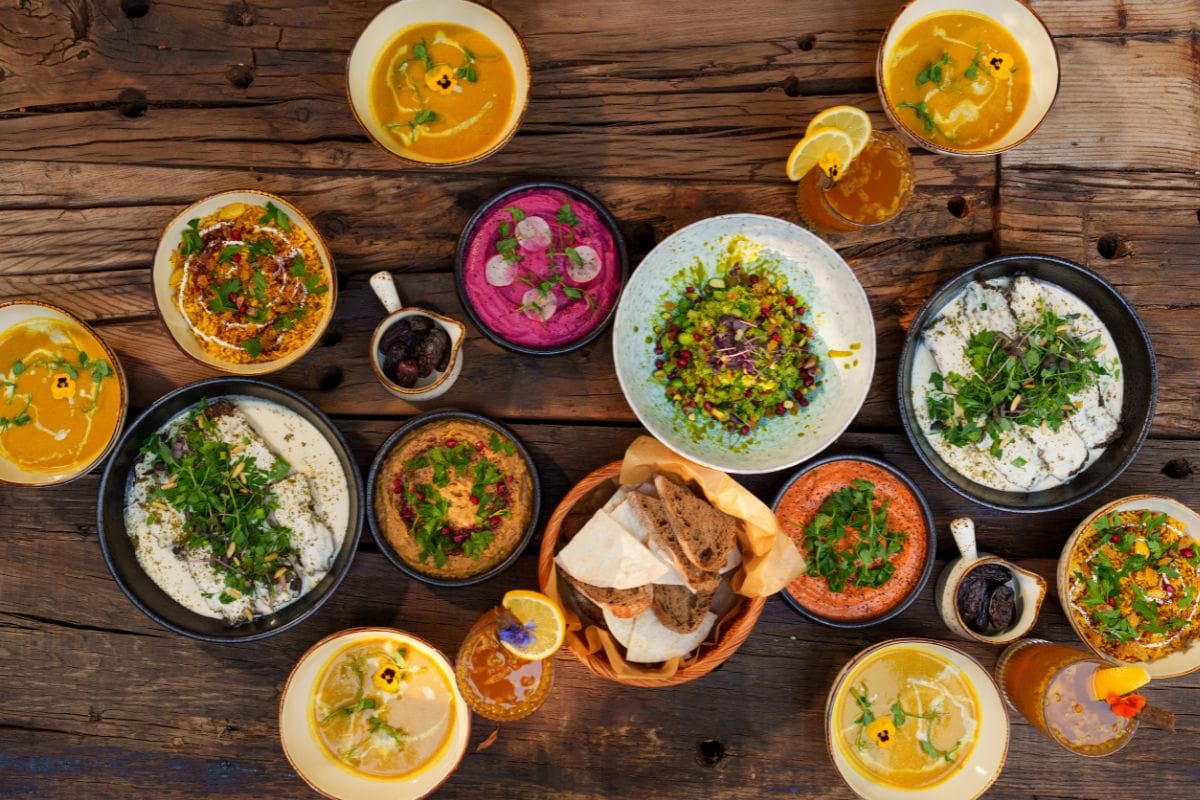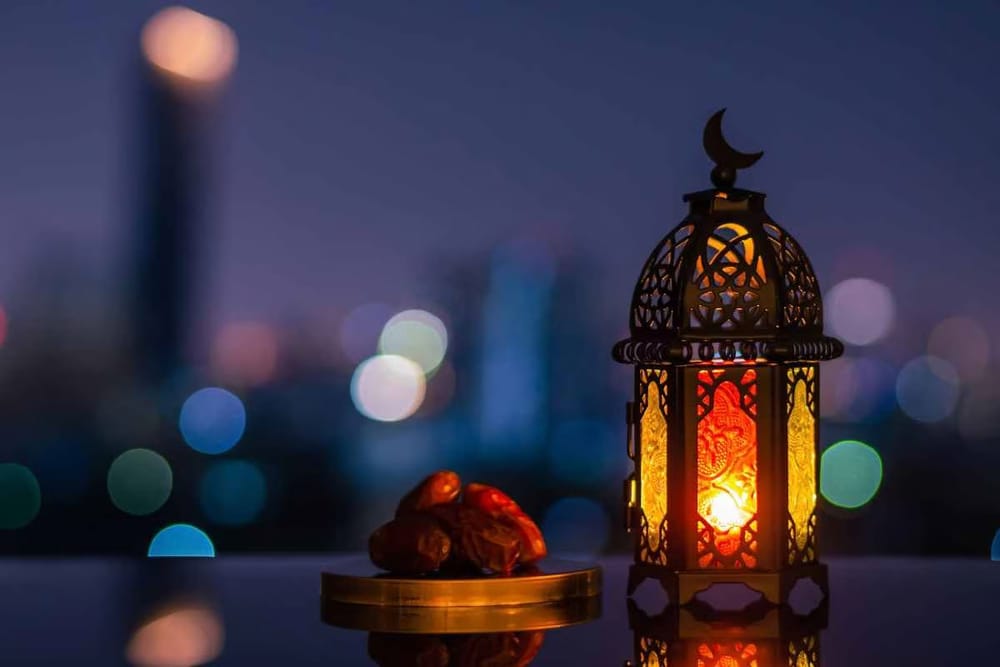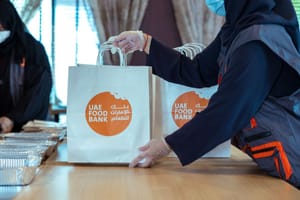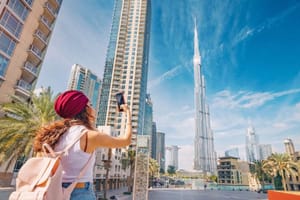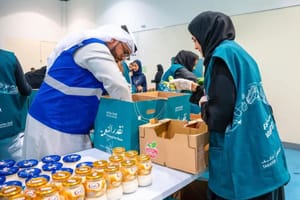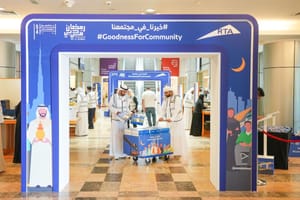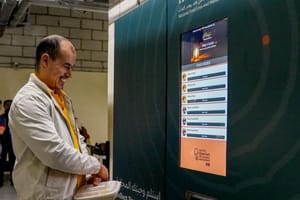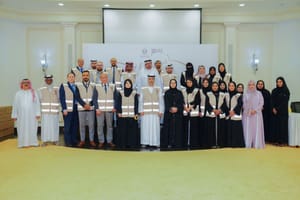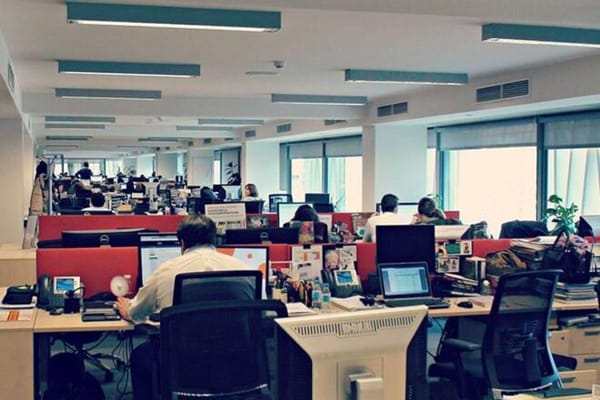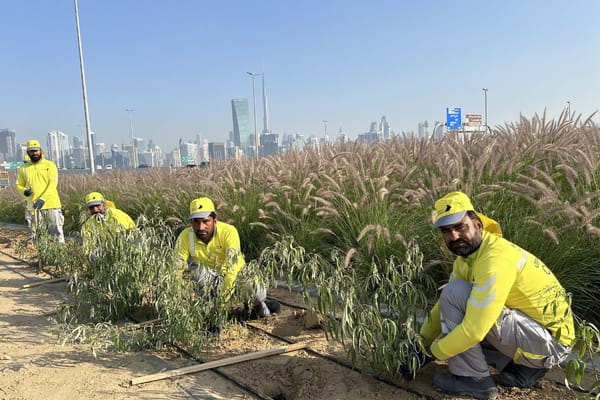Ramadan, the ninth month of the Islamic calendar, holds a special place in the hearts of Muslims worldwide, and the United Arab Emirates (UAE) is no exception. This sacred month is celebrated with great reverence and joy, as it commemorates the revelation of the Quran to Prophet Mohammed (peace be upon him) during Laylat Al Qadr. It is a time for fasting, prayer, reflection, and community, deeply rooted in the cultural and religious traditions of the UAE.
The preparations for Ramadan in the UAE begin long before the month itself, reflecting the anticipation and spiritual readiness of its people. Homes are cleaned, new clothes are purchased, and plans are made to increase acts of charity and giving, including zakat al-Fitr, an obligatory almsgiving to the poor and needy. The spirit of generosity and communal support is palpable, with Muslims across the country coming together to share in the blessings and observances of the month.
Fasting from dawn until sunset, Muslims in the UAE abstain from food and drink, practicing self-restraint and deepening their spiritual connection. The fast is broken with the Iftar meal, which is often shared with family, friends, and sometimes even strangers, embodying the principles of hospitality and community. The pre-dawn meal, Suhoor, prepares individuals for the day of fasting ahead, with an emphasis on nourishment and reflection.
The UAE follows the moon-sighting committee's announcement in Makkah for the beginning and end of Ramadan, underscoring the unity and shared religious observances with the broader Islamic world. The arrival of Ramadan is greeted with the phrase Ramadan Kareem, highlighting the generosity and blessings of the month.
Ramadan in the UAE along with spiritual reflection and devotion is also a period of cultural significance, showcasing the rich heritage and diverse traditions that have been woven into the fabric of Emirati society.
Let's explore some cherished Ramadan traditions in the UAE.
Haq Al Laila
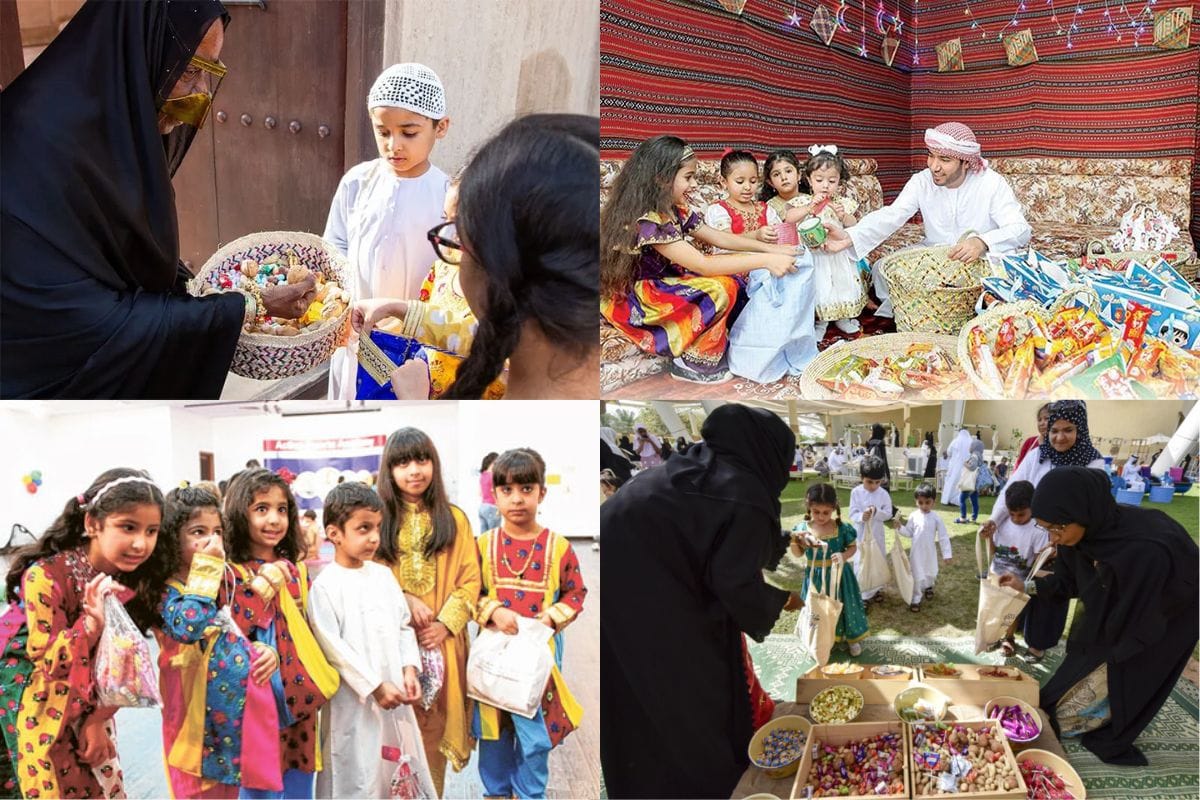
The tradition of Haq Al Laila, celebrated on the 15th day of the Hijri month of Shaaban in the UAE and across the GCC under various names, is a cherished pre-Ramadan celebration that brings communities closer through the joyful participation of children.
On this night, children, adorned in traditional attire and carrying beautifully crafted colorful bags, go door-to-door in their neighborhoods, singing special songs and chants in anticipation of receiving sweets, candies, and sometimes even money. This practice is rooted in the belief of celebrating a blessed night, recognized for its spiritual significance, including the changing of the prayer direction towards Mecca.
The phrase Aatoona Allah yatek bet Makkah Ywdekom, meaning "give us something so God will bless you and give you more in return," captures the essence of this tradition, emphasizing generosity, communal joy, and the fostering of societal bonds.
Celebrated with great enthusiasm, this event prepares the community for the upcoming holy month of Ramadan and serves as a poignant reminder of the spirit of giving creating lasting memories among children and adults alike.
Firing Canons
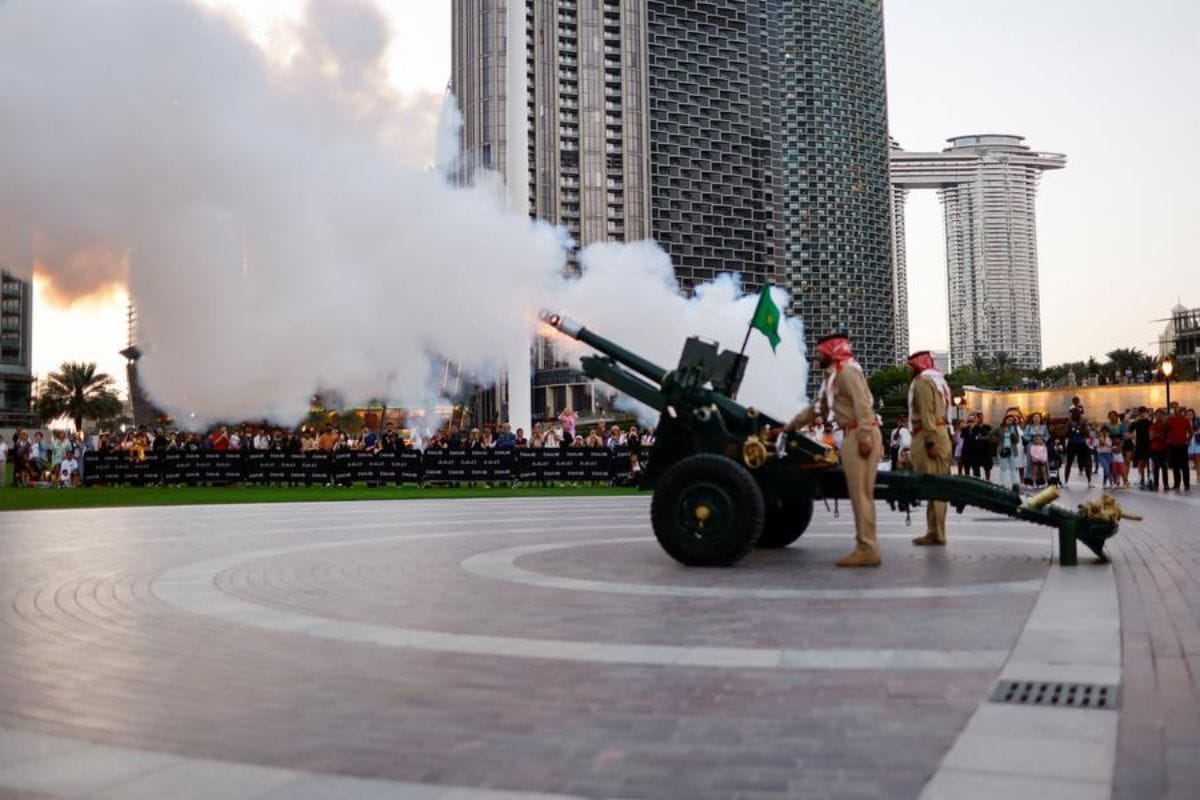
The firing of cannons at Suhoor and Iftar is a historic and cherished tradition during Ramadan in the UAE, symbolizing the start and end of the daily fast. This tradition, dating back to the 1960s in Dubai and with roots in 10th-century Egypt, serves as a communal signal for Muslims to begin their pre-dawn meal (Suhoor) and to break their fast at sunset (Iftar).
Performed by trained soldiers and closely managed by Dubai Police, the cannons are fired at strategic locations across the UAE, including iconic spots like Burj Park and Madinat Jumeirah. The sound of the cannons, echoing through the cities, not only marks the fasting times but also connects the community to the UAE's rich cultural and religious heritage.
This tradition, eagerly anticipated by residents and tourists alike, is observed with cannons that were originally manufactured in Britain in 1945, adding a historical significance to the practice. During Ramadan, the cannons are fired daily at sunset for Iftar, and on the occasion of Eid Al Fitr, they are fired to announce the start and morning of the festival, reinforcing the festive spirit and cultural identity of the UAE.
Taraweeh
During Ramadan, Muslims enhance their spiritual practice not only by fasting from dawn until dusk but also through increased prayer and Quranic recitation. Beyond the five daily prayers, they engage in Tarawih prayers nightly after Isha, especially valuing this ritual during the final ten days of Ramadan. This period is eagerly anticipated for Laylat Al Qadr, the Night of Decree, commemorating the first revelation of the Quran to Prophet Muhammed (PBUH), a night believed to offer the spiritual rewards of over 1,000 months of worship.
Throughout Ramadan, Muslims also complete the recitation of the Quran by dividing it into thirty portions, ensuring the entire holy text is read by the month's end. This practice not only honors the revelation of the Quran but also deepens the spiritual journey of the faithful. The month is segmented into three phases or 'ashra,' each focusing on a specific spiritual theme: mercy, forgiveness, and protection from damnation. These phases guide Muslims in their reflection and worship, embodying the essence of Ramadan as a time of self-discipline, empathy, generosity, and a profound connection with the divine.
Ramadan Night Market
The Ramadan Night Market is a vibrant tradition in the UAE that encapsulates the spirit of the holy month by bringing together diverse cultures and communities. These markets highlight the UAE's commitment to preserving cultural traditions while embracing modernity, offering a platform for local artisans, businesses, and the community to engage in a meaningful celebration of Ramadan. Here are some notable markets and their offerings:
Hai Ramadan at Expo City Dubai:
This major community event transforms Expo City into a bustling hub of over 20 outlets and food carts, offering iftar, suhoor, handmade crafts, traditional garments, and a unique grandmother's supermarket for children. Entry is free with dining bookings or AED 20 otherwise, running daily from 5 pm to midnight during Ramadan.
Ramadan Souq by Dubai Municipality:
Held in the historic area of Bur Deira, this traditional souq revives the essence of 19th-century markets with live entertainment, children's activities, and Ramadan essentials. It's a free event that celebrates heritage and provides a glimpse into the preparations for Ramadan, operational daily until March 9 from 10 am to 10 pm.
The Ramadan District at Jumeirah Emirates Towers:
As one of Dubai's largest Ramadan markets, it offers an extensive selection of snacks, stalls, and entertainment from sunset to dawn. Featuring international and local brands, board games, arts and crafts, and cultural activities like henna and calligraphy. Entry is free, with the market running from March 15 to April 4, from 5 pm to 2 am daily.
Ramadan Tents

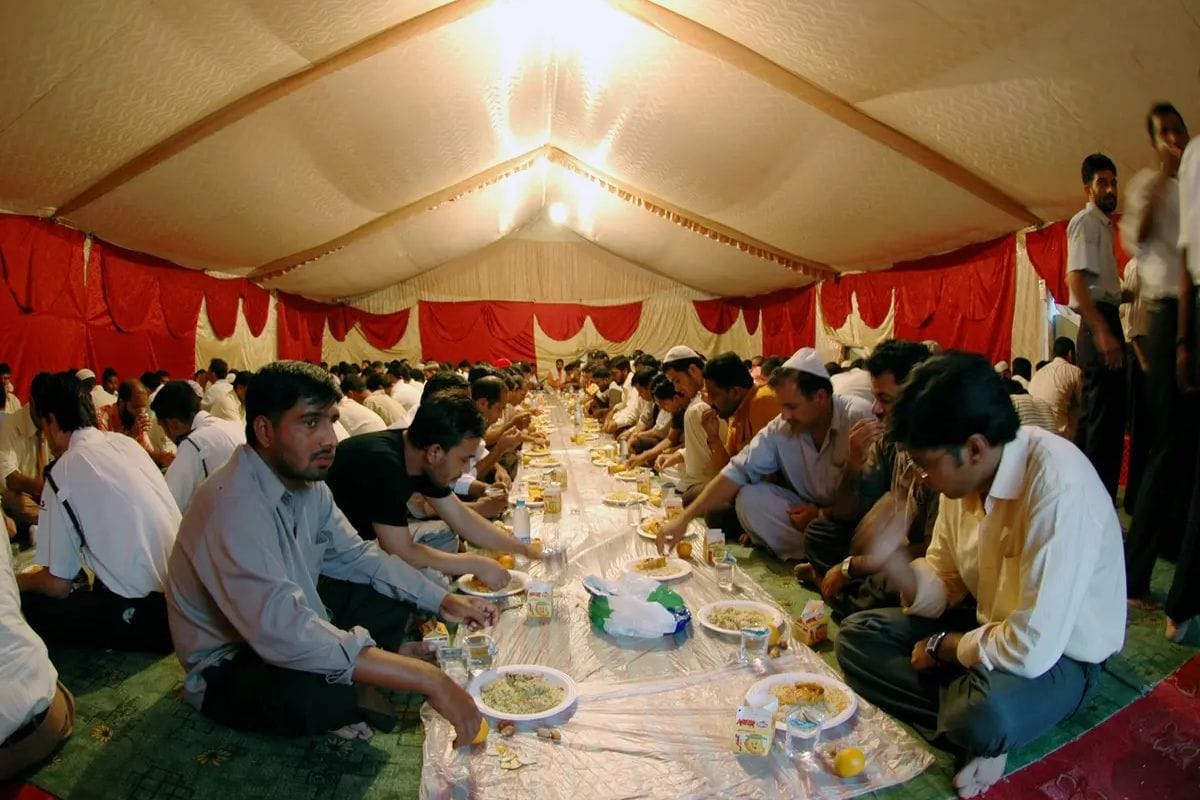
During Ramadan in the UAE, the tradition of setting up tents for free Iftar dinners exemplifies the region's deep-rooted hospitality and cultural values. These tents, located near mosques and the homes of affluent Emiratis, offer complimentary Iftar and Suhoor meals to low-wage workers and others, showcasing the spirit of charity and community that is heightened during the holy month.
Below are some of the best Ramadan tent options available in the UAE, offering a mix of traditional and international cuisines in an elegant setting:
Al Majlis at Madinat Jumeirah:
Offers an upscale Iftar with an Arabesque ambiance and a variety of Arabic and international dishes. Private Majlis areas are available for booking. Prices are AED 330 for Iftar and AED 260 for Suhoor per person.
Asateer Tent at Atlantis, The Palm:
Features a glamorous Arabesque design and overlooks the Arabian Gulf, serving a rotating menu of Middle Eastern cuisines. Iftar buffet prices range from AED 270 (Monday to Thursday) to AED 290 (Friday to Sunday) per person.
Fairmont The Palm:
Known for its sparkling chandeliers and expansive buffet offering Middle Eastern and international dishes. Prices are AED 225 (early bird) or AED 295 per person for Iftar, with a discounted rate for kids.
Laylati at Grand Hyatt Dubai Conference & Exhibition Centre:
Provides a traditional iftar experience with favorites like meat madfoun and chicken mandi. Iftar is priced at AED 249 for adults and AED 150 for kids, with Suhoor prices varying.
Mandarin Oriental Jumeira’s Ramadan Majlis:
Offers an elegant beachside Majlis with Middle Eastern dishes and bespoke poetry by Dr. Afra Atiq. Iftar costs AED 395 per person, with a half-price option for kids.
Ramadan Majlis at Dubai World Trade Centre:
Combines luxurious setting with premium Arabian cuisine. Prices are AED 215 for adults and AED 95 for kids for Iftar, with a minimum Suhoor spend of AED 140 per person.
Terrace Between the Towers at Jumeirah Emirates Towers:
Set against Dubai's skyline, it offers sustainable dining options and a private Majlis experience. Iftar starts from AED 315 per person, and Suhoor from AED 220, with options for kids and private bookings.
Ramadan Food
Ramadan in the UAE is also a celebration of rich culinary traditions that bring families and communities together. Among the special dishes savored during this holy month, there are six that stand out for their cultural significance and delicious flavors, making them must-tries for anyone looking to experience the essence of Ramadan in the UAE.
- Luqaimat - A favorite for those with a sweet tooth, these small, deep-fried dumplings are crunchy on the outside and soft on the inside, drizzled with date syrup or honey and sprinkled with sesame seeds. They are a popular treat to break the fast.
- Harees - A comforting, creamy dish made from wheat and meat (usually chicken or lamb), cooked slowly to a porridge-like consistency. It embodies the values of kindness and generosity prevalent during Ramadan.
- Machboos - A spicy rice dish beloved throughout the Arabian Gulf, prepared with a mix of spices, meat, and vegetables, often served with yogurt or salad on the side.
- Sambousek - Crescent-shaped savory pastries filled with meat, cheese, or vegetables, either fried or baked to golden perfection. They're perfect for sharing during Iftar gatherings.
- Thareed - Known as "Ramadan soup," this dish features layers of crunchy flatbread soaked in a rich stew of tomatoes, vegetables, and meat, providing a satisfying meal to quench thirst and hunger.
- Assidat al-Boubar - A sweet pumpkin porridge flavored with rose water, cardamom, and saffron, offering a creamy and comforting dessert option during Ramadan nights.
Ramadan is a beautiful time, not just in the UAE but across the world. It's a month where people give, receive, share, and embrace the values of patience, compassion, and communal harmony. It's also a month that helps to create an atmosphere of profound spiritual renewal and unity.
Also Read:
